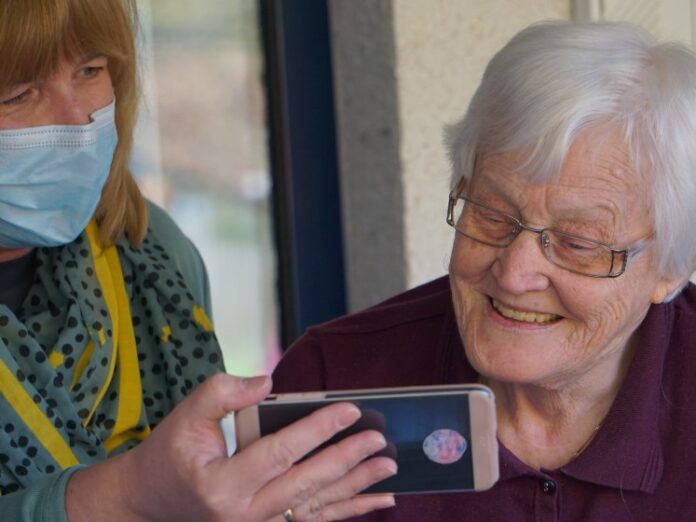Nearly 60 per cent of the public in England thinks that the cost of social care in later life should be shared by the state and the individual, even for people with substantial resources, according to joint research by the London School of Economics and Political Science (LSE) and the London School of Hygiene & Tropical Medicine (LSHTM) (1).
The analysis in the journal Social Science and Medicine (2)reveals that those who responded to the researchers’ questionnaire in this way were likely to prefer the state to provide basic services which the user could top up.
This implies that most people want the state to contribute more at the start of their care than they currently do under England’s exiting funding system, which precludes people with substantial income or savings from receiving state support. Under the current system the costs are shared eventually, as over time many older people deplete their assets when paying for care. Less than half of older care recipients fund their own care completely.
In addition, survey respondents felt that even people with very low income and few assets should contribute to their own care, but not those who both rent and have very little income and savings.
The research found that just 18 per cent of the public believe that the state should pay for all the costs of social care regardless of an individual’s income or assets.
Fifteen per cent said that people should pay for all the costs of their social care, whatever the level of their wealth.
Concerns about care costs in old age were highest among those who said that the state should pay all costs, as well as those who preferred that individuals pay for all their costs.
Respondents who proposed a higher contribution by the individual were more likely to be younger and of higher socio-economic status.
Dr Sanna Read, Assistant Professorial Research Fellow in LSE’s Care Policy and Evaluation Centre and lead author of the paper, said: “Our research shows that the majority of people would support a reformed system where social care is highly subsidised by the state, but where people who use services contribute in all cases to the costs of their care depending on their means.
“It also challenges the idea that wealthier people would be reluctant to contribute out-of-pocket when there is a possibility that the state pays for everything. This perhaps reflects a growing sense of realism by the public that they will have to contribute to their care in older age.”







